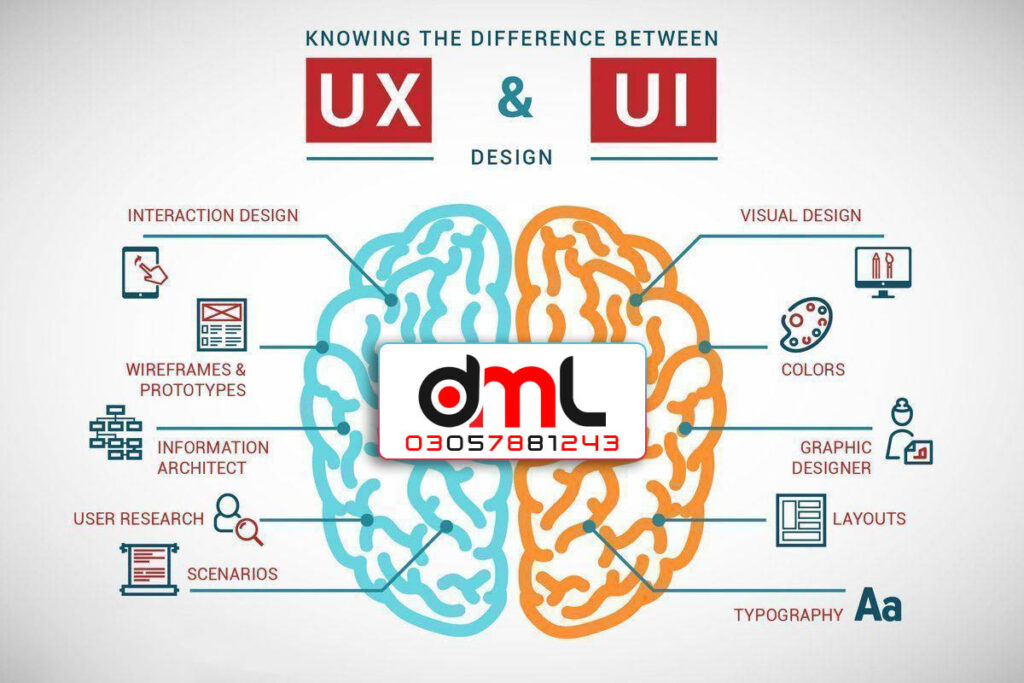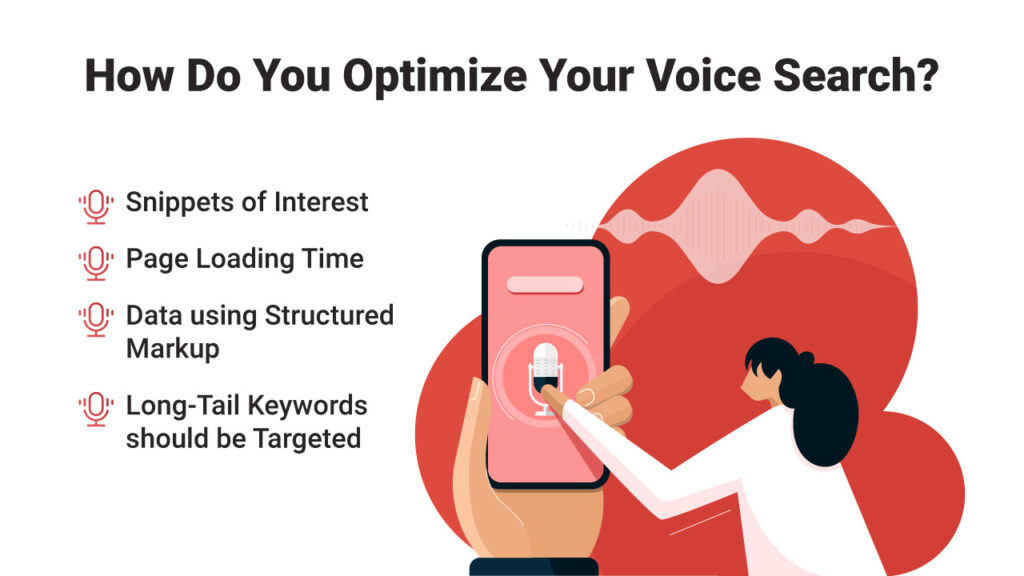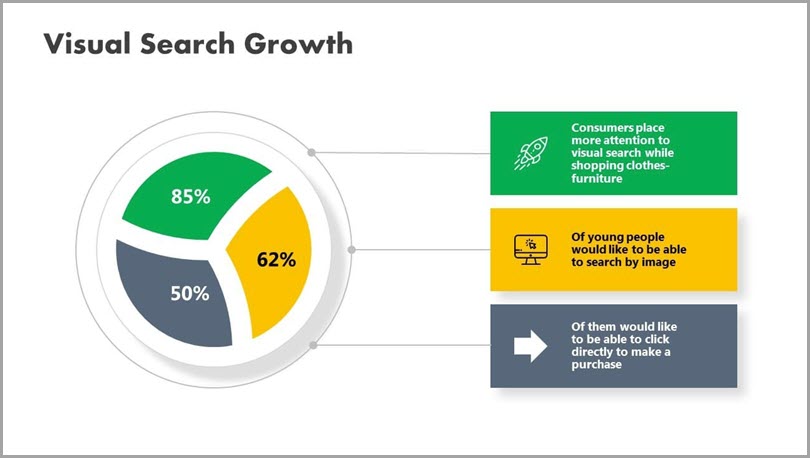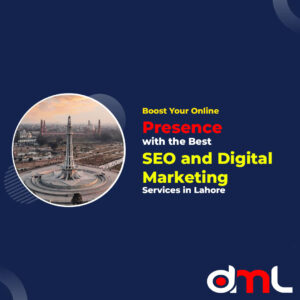AI has been making remarkable progress across diverse industries, including the realm of SEO. As AI technology continues to advance, it is set to bring about a revolutionary transformation in the future of SEO, reshaping search engine operations and revolutionizing how businesses enhance their online presence.
In my capacity as the CEO of an SEO firm that assists clients in their optimization efforts, I have been contemplating the potential implications of AI on this form of marketing. In the following article, I will delve into several predictions concerning the impact of AI on SEO, the advantages it holds, and the necessary adaptations businesses should make to thrive in this evolving landscape.
AI’s Influence on Search Algorithms
The fundamental operation of search engines, exemplified by Google, relies on complex algorithms that crawl and index webpages and subsequently rank them based on their relevance and authority. The integration of AI-powered algorithms holds the potential to significantly enhance these processes, leading to more accurate, personalized, and efficient search results.
A notable instance of AI integration in search algorithms is Google’s RankBrain, which employs machine learning to better grasp user intent and deliver more pertinent search results. As AI continues to advance, we can anticipate other search engines adopting similar technologies, resulting in a more precise understanding of user queries and ultimately delivering improved search results.
Enhanced Keyword Research and Content Optimization in the Future of SEO
In the realm of SEO, keyword research and content optimization are critical elements. AI can play a pivotal role in automating and refining these tasks, including identifying semantic relationships between keywords, detecting search trends, and predicting user behavior.

AI-powered tools can also prove invaluable in optimizing content to ensure it remains relevant and engaging for users. By analyzing user behavior, AI can identify the best-performing content and offer recommendations for further enhancement. Furthermore, AI can assist in generating essential on-page elements such as meta tags and headings, which are vital for achieving SEO success.
Improved User Experience
The user experience plays a pivotal role in SEO, as search engines prioritize websites that offer a seamless experience to their visitors. AI can be a valuable tool in enhancing user experience by analyzing user behavior data, identifying areas of improvement, and suggesting personalized content.

For instance, AI can analyze user preferences and deliver personalized content recommendations, ensuring that users find relevant information and spend more time on the website. Moreover, AI-powered chatbots can provide instant assistance to visitors, enhancing customer satisfaction and engagement.
Predictive SEO
Predictive SEO involves utilizing AI to forecast future trends, user behavior, and search engine algorithm updates. By leveraging AI and machine learning, businesses can proactively stay ahead of the curve, anticipating changes, and adjusting their SEO strategies accordingly.
Predictive SEO can assist businesses in identifying trending topics and crafting content that appeals to their target audience. Additionally, it can help in detecting potential algorithm updates and enable businesses to adapt their strategies to minimize any impact on their rankings.
Voice Search Optimization

With the rise of voice assistants like Amazon’s Alexa, Apple’s Siri, and Google Assistant, voice search queries have seen a significant increase. As AI technology continues to advance, voice recognition capabilities will further improve, making voice search a crucial aspect of SEO.
To optimize for voice search, businesses need to focus on natural language processing and incorporate long-tail keywords. AI can aid in analyzing voice search queries, understanding user intent, and providing insights on how to optimize content for voice search.
Visual Search Optimization

Another domain where AI will wield a substantial influence is visual search. Platforms like Google Lens and Pinterest Lens allow users to search for products and information using images instead of text. AI-powered image recognition technology can accurately identify objects within images, making it easier for search engines to understand and index visual content.
To capitalize on visual search, businesses must optimize their images with relevant metadata and ensure that their website’s visual content is easily accessible. AI can facilitate the analysis and optimization of images, streamlining the process for search engines to index them and thereby enhancing the chances of ranking in visual search results.
Conclusion
AI is undoubtedly set to revolutionize the future of SEO. From AI-powered search algorithms to improved keyword research and content optimization, businesses stand to benefit from a more accurate, personalized, and efficient SEO landscape. The advancements in AI technology also promise to enhance user experience, predictive SEO, voice search optimization, and visual search optimization, ushering in transformative changes to how businesses optimize their online presence.
To maintain a competitive edge, businesses must embrace these changes and adapt their SEO strategies to harness the benefits that AI offers. By leveraging the power of AI, businesses can ensure they stay ahead in the ever-evolving digital landscape and continue delivering a seamless, engaging experience for their users. Moving forward, the integration of AI in SEO will only grow in significance, shaping the future of search and online visibility.
Also, Check
Impact of AI on Digital Marketing: Read Now






